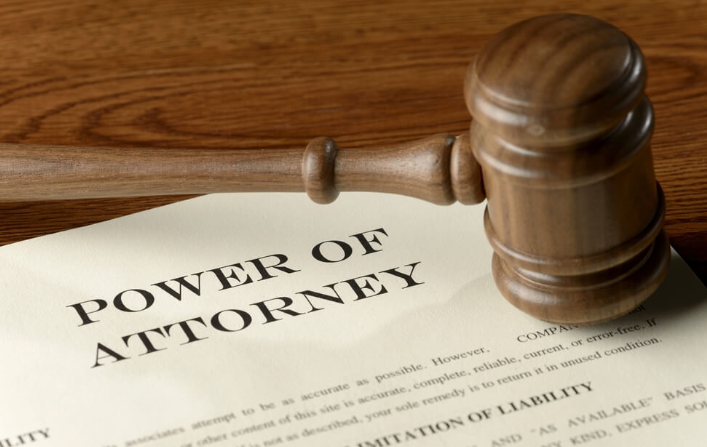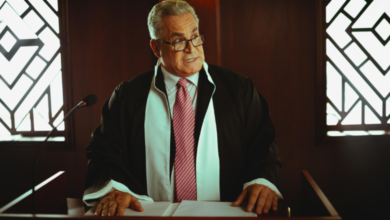Who Can Override a Power of Attorney?

Lawyers Override power of attorney (POA), which is a legal document that grants one person authority to act on behalf of others matters. This can include financial decisions, healthcare choices, and other significant responsibilities.
There are different types of POAs, each serving distinct purposes. A durable power of attorney remains effective even if the principal becomes incapacitated. Meanwhile, a medical power of attorney specifically focuses on health-related decisions.
Understanding the nuances between these options is crucial for making informed decisions about who you want to represent your interests. Clear communication with your chosen agent ensures they understand your wishes and values when it comes time for them to act on your behalf.
Choosing a trustworthy individual is essential because this role carries significant responsibility and influence over important aspects of life.
Limitations of a Power of Attorney
A power of attorney (POA) grants authority to a designated individual, known as the agent or attorney-in-fact. However, this authority is not limitless.
A POA typically only applies to financial and legal matters. It does not extend to healthcare decisions unless specified in a separate document. This means your agent might be unable to make critical medical choices on your behalf.
Additionally, the scope of the powers granted can vary significantly. A general POA allows broad responsibilities, while a limited POA restricts actions to specific tasks.
Moreover, an individual can revoke their power of attorney at any time as long as they are mentally competent. This revocation nullifies all previously granted authorities.
Certain jurisdictions may also impose restrictions based on state laws or court orders that could limit what your agent can do under the agreement. Understanding these limitations is crucial for effective planning.
Override a Power of Attorney
When a power of attorney (POA) is established, it grants authority to an agent to act on behalf of the principal. However, this power isn’t absolute and can be challenged under certain circumstances.
Typically, the principal holds the ultimate authority. If they regain capacity or decide to revoke the POA, they can override their appointed agent’s decisions.
Additionally, family members may intervene if there’s concern about misuse or abuse of power by the agent. They can raise objections that lead to further scrutiny of the actions taken under that authority.
In some cases, court intervention becomes necessary. A judge may need to assess whether the original POA remains valid or needs modification due to changing family dynamics or health issues affecting competency.
Understanding these nuances helps clarify who truly holds power in situations involving a POA and protects all parties involved from potential conflicts.
Court Intervention
When a dispute arises regarding the authority of a power of attorney, court intervention might be necessary. This process can help clarify conflicting interests and ensure that decisions align with the principal’s wishes.
The court may review the validity of the power of attorney document itself. They assess whether it was executed properly and if the principal had capacity at the time it was signed.
If there are accusations of abuse or fraud, courts take these claims seriously. An investigation may follow to determine if any wrongdoing occurred.
In some cases, judges can appoint a guardian ad litem to represent the interests of all parties involved. Their role is crucial in ensuring fairness throughout legal proceedings.
Turning to a court provides an objective resolution when family dynamics complicate matters related to powers of attorney.
Family Members and Conflict Resolution
Family dynamics can complicate decisions regarding power of attorney. Emotions often run high, especially when health or financial matters are at stake.
Encouraging open communication is essential. Family meetings can provide a platform for everyone to express concerns and preferences about the appointed agent’s role.
Sometimes, misunderstandings stem from differing opinions on what constitutes best interests. Understanding each family member’s perspective fosters empathy and might ease tensions.
Mediation may be beneficial if discussions become contentious. A neutral third party helps navigate difficult conversations and encourages compromise among relatives.
Documentation also plays a key role in alleviating disputes. Clearly outlining intentions behind the power of attorney can clarify expectations and reduce future conflicts among loved ones.
Taking proactive steps ensures that relationships remain intact while addressing critical issues around authority and responsibility within the family structure.
Protecting Yourself and Your Loved Ones
Protecting yourself and your loved ones starts with understanding the implications of a power of attorney. This legal document grants someone else authority over your decisions, so it’s essential to choose wisely.
Regularly review who holds this responsibility. Circumstances change, and so do relationships. Keeping an updated power of attorney ensures that trusted individuals remain in charge.
Communicate openly with family members about your choices. Discussing these decisions can prevent misunderstandings later on.
Consider appointing more than one person as an agent. Having co-agents can provide checks and balances, ensuring better oversight.
Always consult a qualified attorney when drafting or modifying a power of attorney. They can help address any concerns you may have while ensuring that your wishes are respected and protected against potential abuse or neglect.
Conclusion
Understanding the complexities of a power of attorney is crucial for anyone considering this legal arrangement. A power of attorney grants someone authority to act on your behalf in various matters, from financial decisions to healthcare choices. However, there are limitations and boundaries that can affect how this authority operates.
Understanding who can override a power of attorney involves recognizing these nuances within legal frameworks and personal relationships alike. The goal should always be clarity and protection for all parties involved.



